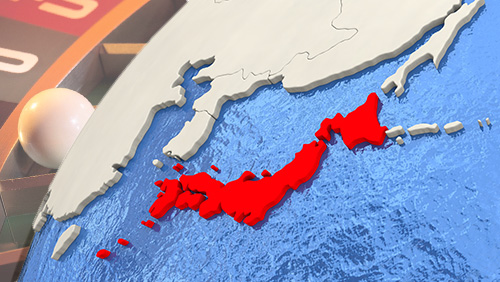Getting a slice of Japan casino industry may come with a hefty price tag.
 This was according to no less than Las Vegas Sands Corp. chairman and chief executive officer Sheldon Adelson who said that a resort hosting casinos in Japan could cost up to US$10 billion to build.
This was according to no less than Las Vegas Sands Corp. chairman and chief executive officer Sheldon Adelson who said that a resort hosting casinos in Japan could cost up to US$10 billion to build.
Reuters reported that constructing a casino resort in Japan is more expensive that in Singapore, where the casino mogul only shelled about $6 billion to construct the Marina Bay Sands casino.
“It would be at least what we paid in Singapore, $6 billion including the land, but it could be as much as $10 billion,” Mr Adelson said in a forum organized by CLSA Ltd. brokerage in Japan.
The executive had said previously that he expected Japanese integrated resorts to be modelled after Marina Bay Sands, which could benefit Las Vegas Sands.
Japan, which passed legislation last December that will make casino gambling legal, may see the opening of new casinos by year 2023. But even before Japanese lawmakers can lay down the ground rules for the opening of casinos, international operators are scrambling to find local partners and venue hosts in the island nation.
CLSA noted that Las Vegas Sands, Genting Singapore Plc and MGM Resorts lead the chase in Japan due to their strong balance sheets and proven track records.
Learning its lesson a decade ago, MGM has been more aggressive in the chase, vowing to boost staff and resources to prevent losing out to Sands and Genting. Most casino executives believe that Osaka and Yokohama have stronger potential for casino construction.
With Japan opening its doors, many analysts are divided on how Macau operators and the local government should take the threats of gaming liberalization across East and Southeast Asia.
The consensus, according to a report in the Macau Daily Times is that the frontrunners worth watching are Japan, Vietnam and the Philippines, though Australia, South Korea, Cambodia, Singapore and even Thailand may present added competition.
Ben Lee, managing partner at IGamiX Management and Consulting, is betting on Vietnam and Japan to become the biggest short- and long-term threats to Macau gaming. Like Japan, Vietnam is on the precipice of revising its gambling laws to accommodate investments in the gambling industry.
“Japan is the most dangerous [threat to Macau] if the gaming proposal goes through […] partly due to its high quality of service. It is the only country that could attract both premium mass and VIP [customers] away from Macau,” Lee said, according to the report.